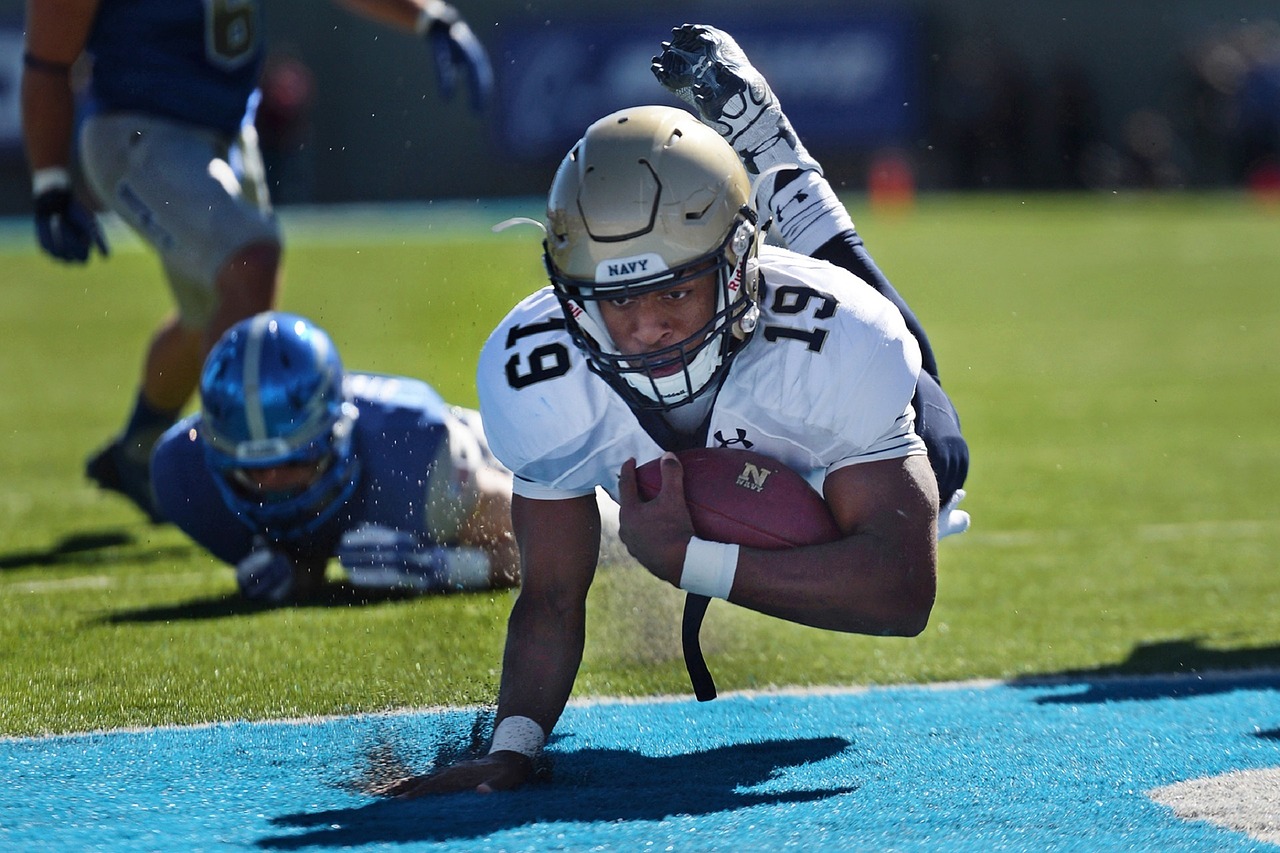
It’s a career with a limited lifespan, although this is often forgotten about when the huge salaries of a lot of college football players are revealed.
Still, for those who do want to work following their retirement, or for those who just don’t earn sufficient amounts to keep them going for a lifetime, it’s interesting to see some of the career options on the table.
Admittedly, the fact that this is about college football means that a lot of players at least have a good educational background behind them. Many decide not to use this though, and instead opt to go into a completely different career.
The remainder of today’s post will take a look at some of the common careers for retired college football players. It was put together following the retirement of Jack Elway, and the plans he has put together now that he is no longer involved in the game.
Option #1 – The completely new business
Let’s start with the example of Elway, who has forged a completely different career – and one that absolutely nobody expected.
During a visit to a night club, he noticed a stylish hat. He approached the man who it belonged to and questioned where it was made. From then on, a thriving business has emerged. Elway has now become an entrepreneur, in the hat industry, and seems to be reaping plenty of success on the way.
Elway isn’t the first athlete to deviate in such a way either. For example, if we were turn to another sport and hone in on Paavo Nurmi, who was a long distance runner, he opened a haberdashery upon his retirement.
Option #2 – Sports commentator
As we have seen through the years, you don’t have to have experienced a bustling playing career to make progress in the sports commentator and broadcasting field.
A lot of television broadcasters will pay good money for these individuals. Just like said individuals had a skill that effectively couldn’t be taught on the field, when it comes to sports broadcasting they are performing a job that the Average Joe just wouldn’t be able to complete.
They can provide insight like no other, and really give some sporting shows credibility on the small screen.
Option #3 – The coach
Let’s leave one of the most obvious ones until the end. It doesn’t matter if its college football, or a completely different sport for that matter, pretty much every professional coach in the land has played in some capacity.
It’s extremely rare for amateurs to make it as a professional coach, for the simple reason that they don’t have the insight and experience that a professional playing career brings.
In college football, this is arguably even more common. The players have a sound understanding of how the concept of college football works, and can pass on this knowledge to future generations. Sure, they might not take on their new role immediately after they have finished college, but they are very likely to return in the future and take it up.